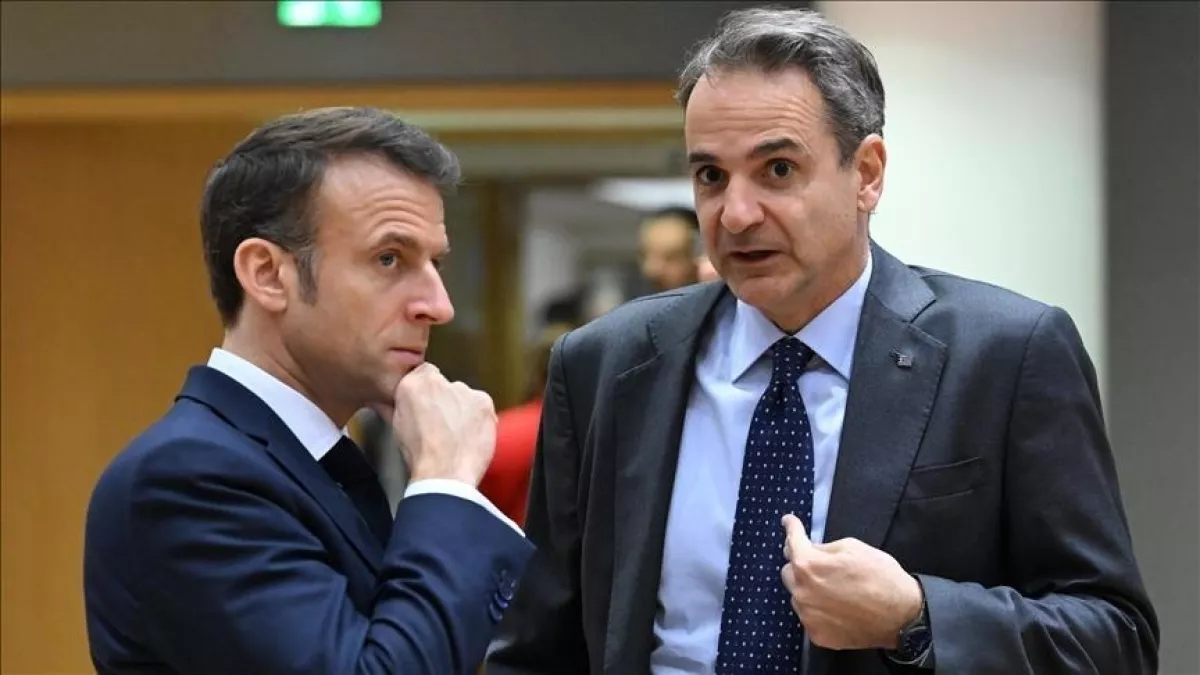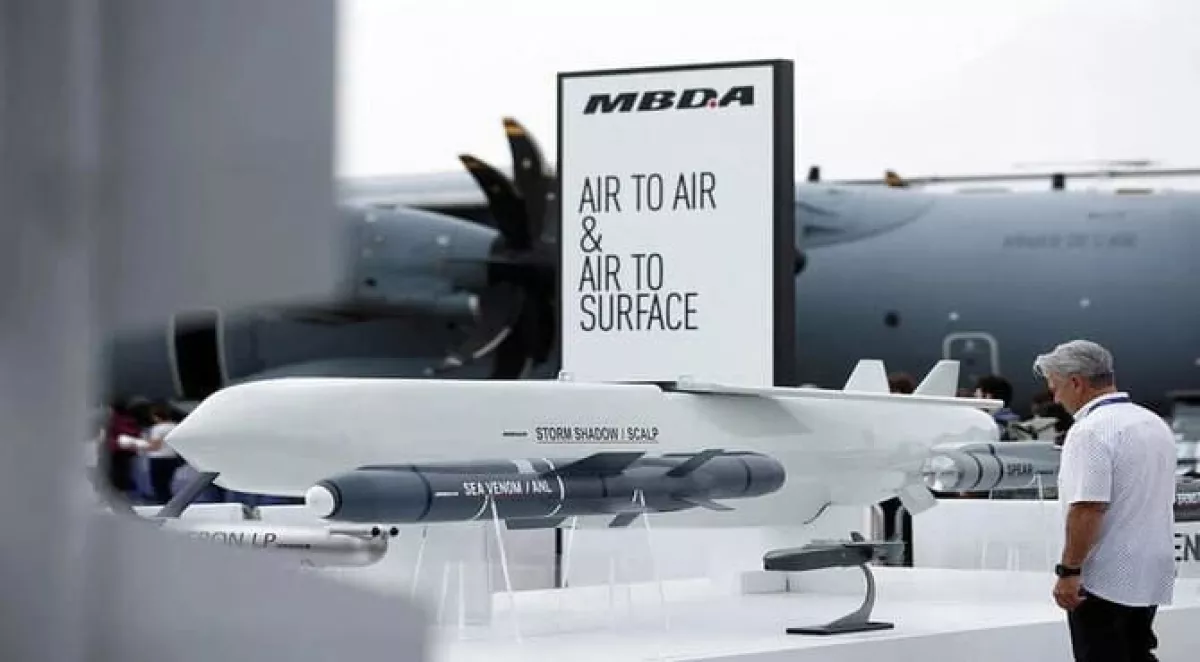France defends Meteor missile sale to Türkiye despite Greece's objections
Greek Prime Minister Kyriakos Mitsotakis convened with French President Emmanuel Macron in Paris in an attempt to block the sale of Meteor long-range missiles to Türkiye, but his efforts were ultimately unsuccessful.
According to Greek media reports, Macron made it clear that France would not intervene to stop the sale, Caliber.Az reports citing Turkish media.
Athens has raised concerns that the sale of these advanced missiles to Türkiye undermines the defence agreement Greece signed with France. In recent years, Greece has bolstered its military capabilities with French Rafale warplanes and Meteor missiles, which were seen as key to securing air superiority in the Aegean Sea and Eastern Mediterranean. However, the prospect of Türkiye receiving the same missiles has led to fears that Greece will lose its military edge.

Macron, in his response to Mitsotakis, explained that the sale of the Meteor missiles is not solely under France’s control. The missiles are produced by the MBDA consortium, which includes France, Britain, Germany, Italy, Spain, and Sweden, meaning the decision involves multiple countries and international agreements. As a result, France alone does not have the authority to block the sale.
In light of this, Greece plans to appeal to the other governments involved in the MBDA consortium to prevent the missile sale, although sources suggest that the chances of success are slim.

The situation prompted Greece’s security cabinet to convene for an emergency meeting, with officials expressing concern that the sale of Meteor missiles to Türkiye would significantly erode Greece’s air superiority and damage the defence cooperation between Greece and France. Notably, the Greek-French defence agreement signed in 2021, which provides for mutual military support, does not place restrictions on the sale of strategic weapons to third parties, including Türkiye.
In response, Türkiye has defended the sale, arguing that acquiring the Meteor missiles is a necessary step to maintain regional balance. Ankara further described Greece’s efforts to prevent the deal as an "unfair and unnecessary diplomatic move."
The Meteor missiles will enhance the long-range capabilities of Turkish fighter jets, particularly when paired with Türkiye’s F-16 Block 70 fighters and potential future Eurofighter aircraft. The advanced technology is expected to provide a significant advantage to the Turkish Air Force.
Mitsotakis’ failure to halt the missile sale has sparked controversy within Greece, with opposition parties criticizing the government for relying too heavily on France in its defence strategy. Critics argue that the government's approach has been a strategic misstep, leaving Greece vulnerable in its regional defence posture.
By Vafa Guliyeva








